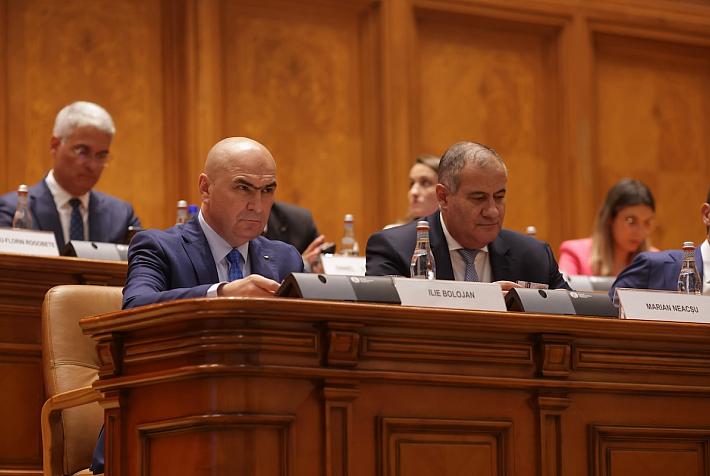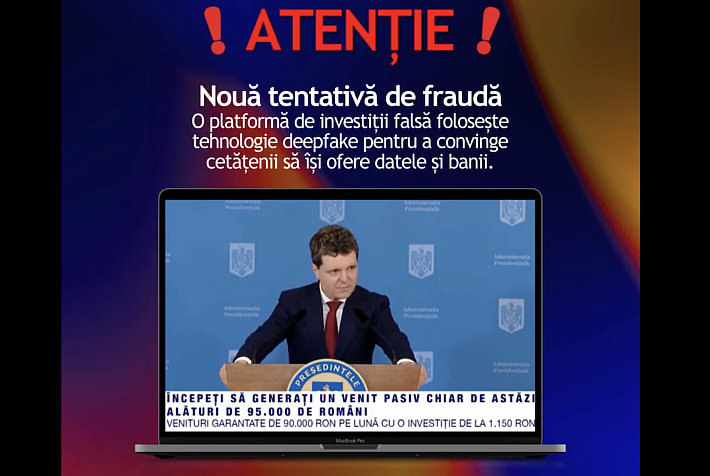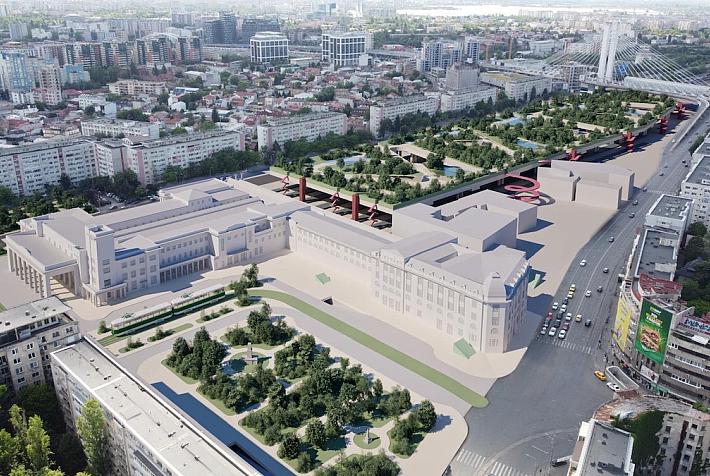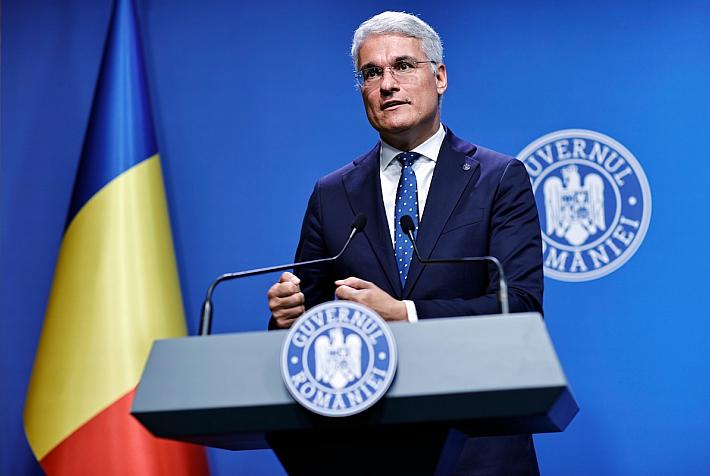Greenpeace: Higher number of illegal deforestation cases uncovered in Romania

Illegal deforestation continued and even soared in Romania in 2012, reveals a report by Greenpeace Romania.
In a recently published report, the NGO highlights that around 53 illegal forest cutting cases a day resulted in criminal charges in 2012 in Romania, up from 30 cases a day between 2009 and 2011. All in all, there were 19,500 cases of illegal forest cutting in Romania in 2012 which were followed either by fines, or by criminal charges.
Most of the illegal deforestation cases were recorded in Prahova county – around 2,000 cases, followed by Mureș, Bacău, Suceava, Brașov and Maramureș, each with over 1,000 such cases in 2012. Brasov has been highlighted as a special example, with only 87 illegal deforestation cases between 209 and 2011, and as many as 1,130 in 2012.
Authorities appeared to be more aware and involved, and responded quicker at Greenpeace's request for data gathering. One of the reasons for the increasing numbers revealed by the report was the increase in enforcement, which is likely to have uncovered more of the illegal deforestation activity which had been going on at a high rate for years.
Forests cover 29 percent of Romania's area, below the EU average of 40 percent. NGOs such as Greenpeace have been campaigning against deforestation worldwide, which is a main cause for climate change.
According to the recent report, the volume of wood stolen from Romania's forests in 2012 alone caused a EUR 4 million damage to the country. The volume of wood stolen in 2012 was of 120,000 cubic meters, while wood legally harvested stood at 19 million cubic meters, a record in the last 23 years, according to statistics. The legally harvested wood brought Romania some EUR 311 million in revenues in 2012.
Romania has 6.5 million hectares of forest, out of which half belongs to the Romanian state, which administrates it via a company called Romsilva. Two million hectares of forest belong to private individuals, while 1 million hectares are in the public property of administrative units. In uncovering illegal deforestation, Romsilva works with the Environment Police (called Garda de Mediu), as well as with the Police and the Territorial Inspectorate for Forestry and Hunting. The whole report by Greenpeace (in Romanian) is here.
editor@romania-insider.com











